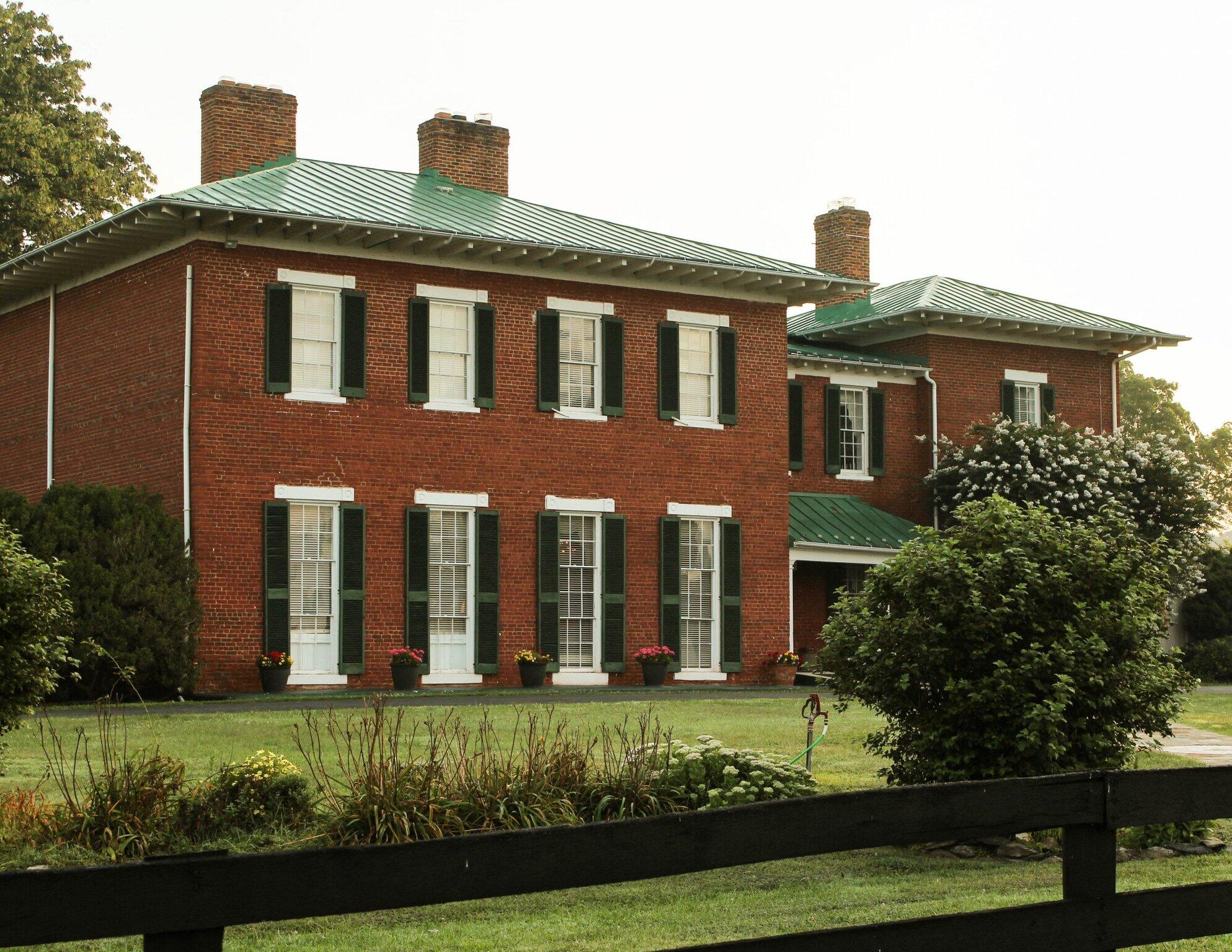We may be in a housing crisis, but every year, we sell a jaw-dropping amount of homes. In 2023, Americans sold a whopping 4.09 million properties - and it was a weak year.
Sometimes, though, an excellent opportunity pops up when you're not quite ready to grab it. A golden property is there for the taking, but stretching yourself thin to buy it isn't in the cards. What do you do to take advantage of opportunities such as these?
Today, we're talking about the reverse 1031 exchange rules. We'll examine what it is, and give you three key tips so you don't break any exchange regulations in Virginia.
Defining the 1031 Exchange
1031 exchange comes from federal tax code Section 1031 - hence the name. Without any modifiers, this type of exchange means you can sell off a property and then buy another, similar one with the returns. Then, you won't pay capital gains taxes on the new purchase.
What's a Reverse 1031 Exchange?
The reverse 1031 exchange, however, is slightly different. You're purchasing the replacement property first, before you go to sell off the one you already own. The benefit of the latter is you're not pressured to immediately sell your old property to make the purchase.
1. You Must Have Financial Means
Before kicking off the reverse 1031 exchange process, there are a few requirements that must be met. First, you have to have the financial means. In other words, enough money to purchase the property.
Thus, a reverse exchange isn't a way to defer payment while you get your rental property accounting in order. It is one of a few nifty tax-deferred exchanges, just not for an investor who's trying to expand their investment.
2. The Property Must Be Like-Kind
A key aspect of the reverse exchange is the concept of "like-kind." To put this in the simplest terms, it's when two properties are close enough in market value that they can be swapped. As in, you would not accrue capital gains by doing so, thus the properties are equivalent.
So, you can't use a 1031 reverse exchange to swap a bungalow for a mansion. It's a tool for investment. A way of creating long-term stability without a major financial burden.
3. There's a Time Limit
While a reverse exchange does give you breathing room, it's not infinite. You have 45 days to find that replacement property after the sell date. In addition to this, you have 180 days to buy said property, again starting from the sell date.
These are strict deadlines. If you delay, you will accrue capital gains taxes on the properties.
Find Reverse 1031 Exchange Rules and More
Reverse 1031 exchange rules are strict, but they let you buy a new property without selling the old immediately. That said, both properties must be "like-kind," and you must have the full purchase amount for the new one. Keep in mind as well that there is a time limit, with 180 days being the last day to buy.
Renter's Warehouse in Hamptom Roads, Virginia takes care of everything so you don't have to. Our seasoned experts make sure you don't miss important, tedious details so you can sit back and enjoy the landlord life. Get a quote on your rental here.


